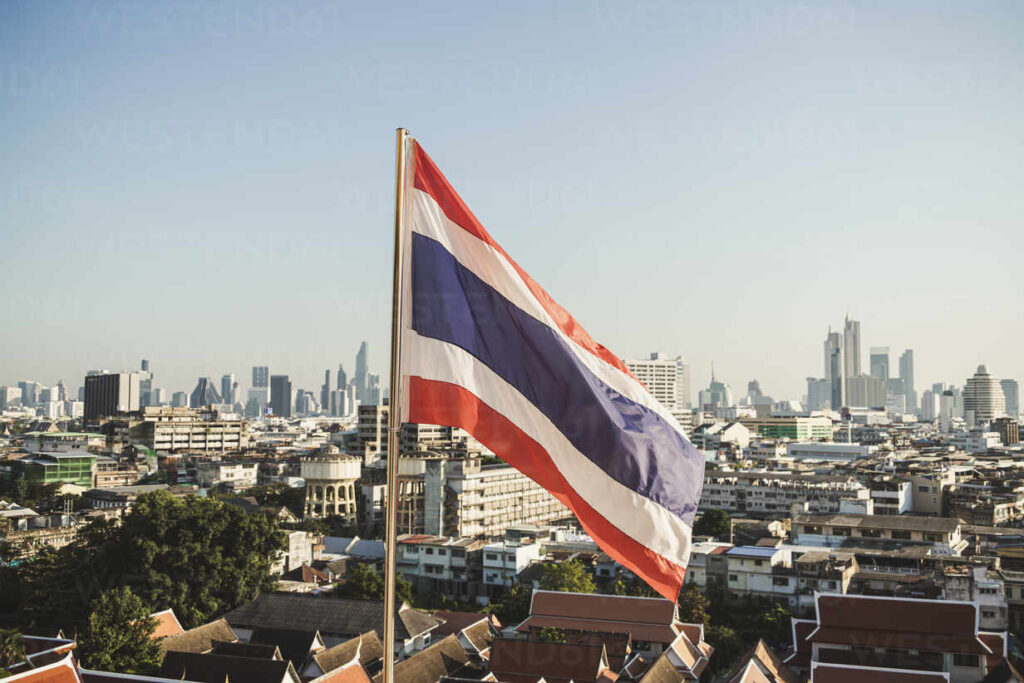- Admin
- May 18, 2025
- Maintenance Tips
- Read: Small Medium Large
Call for light touch on missed EV targets
Electric vehicle (EV) manufacturers in Thailand are calling on the government to maintain subsidies and cancel fines for those failing to meet state production targets as the automotive industry slows to a crawl.
Companies participating in the government's EV3.0 incentive package were granted lower excise tax and import duties, as well as subsidies to support their sales of imported cars, in exchange for a commitment to assemble battery EVs (BEVs) locally from 2024.
But many have failed to meet the requirements, attributed to sluggish domestic car sales that have plagued the Thai market for more than a year.
The government eased the conditions, but said it would fine manufacturers and stop subsidies for EVs that amounted to a maximum of 150,000 baht for each BEV.
"Companies have to pay a fine of around 400,000 baht per car to authorities," said Suroj Sangsanit, president of the Electric Vehicle Association of Thailand (EVAT).
The punishments caused EVAT and EV makers to discuss their woes as plunging car sales in Thailand and global economic uncertainties hamper their outlook, he said.
"EV makers know they have to follow the requirements, but they are struggling to deal with economic challenges, including US President Donald Trump's new auto tariff policy," said Mr Suroj.
He said he expects manufacturers to produce 100,000 BEVs in the passenger car category this year.
Under EV3.0, companies starting to produce BEVs in 2024 are committed to a 1:1 ratio target, meaning they must produce one BEV domestically for every EV they import.
The ratio increases to 1.5 locally produced BEV for each imported BEV if they begin production in 2025.
The National EV Policy Committee resolved last year to relax these conditions, so manufacturers are not required to meet the BEV production targets in 2024 or 2025. They can manufacture cars under new targets of 1:2 in 2026 or 1:3 in 2027.
EVAT wants government agencies to use more BEVs, which will help manufacturers to meet the state production targets.
Authorities are expected to expand the network of EV charging stations, especially upcountry.
The number of fast-charging outlets totals 62,000, said Mr Suroj.




